From its conception almost 5 years ago, WOW has been committed to encouraging older women to identify and resist the cultural messages that denigrate the aging women. Blog posts have emphasized the positives of aging, while championing the on-going contributions of older women in the arts, politics and spirituality.
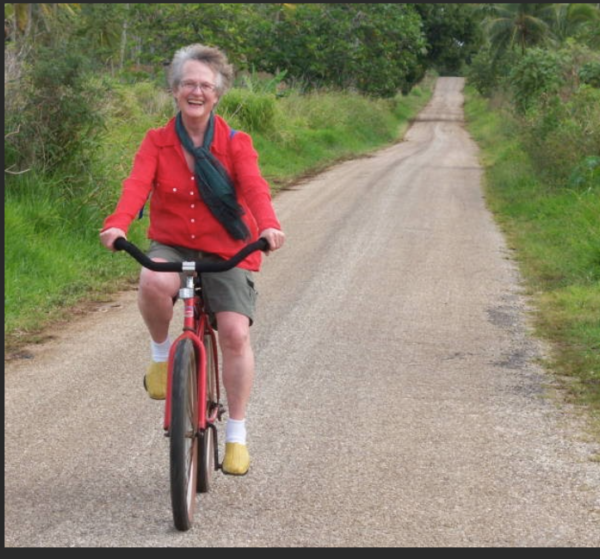
A cheerful older woman, representative of the age positive movement
My truth today: I have openly expressed my dislike of getting old. However, dislike does not equate with non-acceptance. Refusal to accept the fact of ageing is futile and ridiculous. At 83, I am old. Although I am fortunate to be basically functional so far, I can no longer do many of the things I once enjoyed and did easily. Physical pain is now a constant presence. The possibility of needing long-term care is worrisome.
While these facts are only part of who I am, they are nonetheless facts. They are not automatically offset by “wisdom”, the “joys of quiet contemplation”, the “rewards of grandchildren” and similar platitudes often used to applaud advancing age . . . the prevailing view seems to be that, given the many exterior social negatives surrounding old age, we (old people) must always be uniformly upbeat and positive.
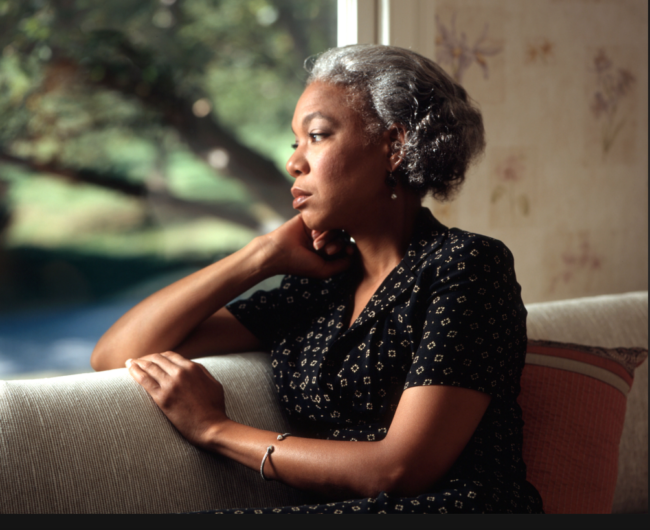
An older woman struggling with her aging
Rogers’ essay raises the concern: Has the positive aging movement, which includes WOW, silenced the older woman who finds aging difficult to speak out? To speak her truth about how she struggles with aging?
Donning my interview hat, I approached several women I know and asked them how aging is a negative for them. Here are samples from my poll—names are changed to protect the amazing:
Alice, 71: “I miss sex. I miss touch and sleeping with someone. A good vibrator isn’t an adequate substitute.”
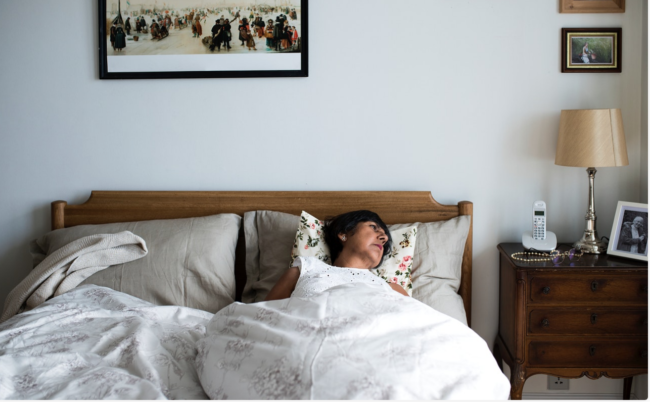
Aging often brings the absence of a sexual partner
Carol, 65: “I used to run marathons. I loved the heady feeling of competing and running for miles. Now my arthritic knee keeps me on the sidelines.”
Margo, 78: “My time is running out. I look at my grandchildren and get teary because I realize there are only so many years left for me to enjoy them.”
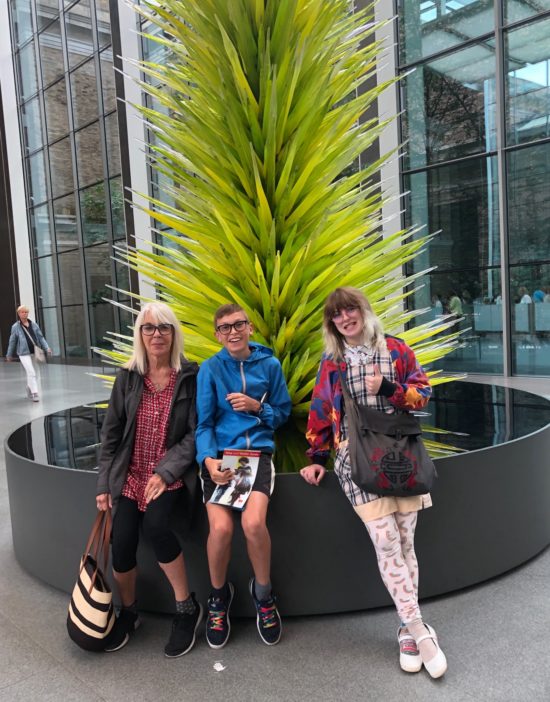
Aging brings the realization that time with grandchildren is limited.
Gloria, 68: “I’m a feminist but I have to admit I miss flirting. I felt buoyed up by male attention. Now I’m invisible.”
Helen, 70: “I feel lonely a lot of the time. I’m limited, especially now with COVID, as to where I can go to meet people. I don’t want to die alone.”
Even the famous have their detractors as represented by Judi Dench, the 86 year-old actress: “ “Someone said to me, ‘You have such a wealth of knowledge,’ and I just said ‘I’d rather be young and know nothing, actually.’ Bugger the wealth of knowledge.”
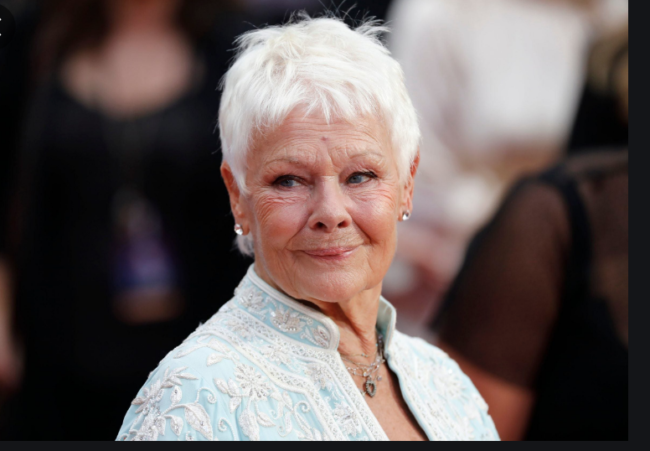
The iconic Judi Dench rails against aging
Every movement, no matter how well intended, runs the risk of having blinders. This may be the case for the older women’s positive aging movement. Inadvertently it may be overlooking women unhappy about getting old, or simply being old, and refusing to put on a happy face about their lot.
Women battling aging need our support and affirmation that it’s OK, even normal, to despair of getting old. We can honor their objections while supporting them in finding a way to view their aging in a more positive light. In exchange, they can help us to be more honest in facing our own struggles with aging.
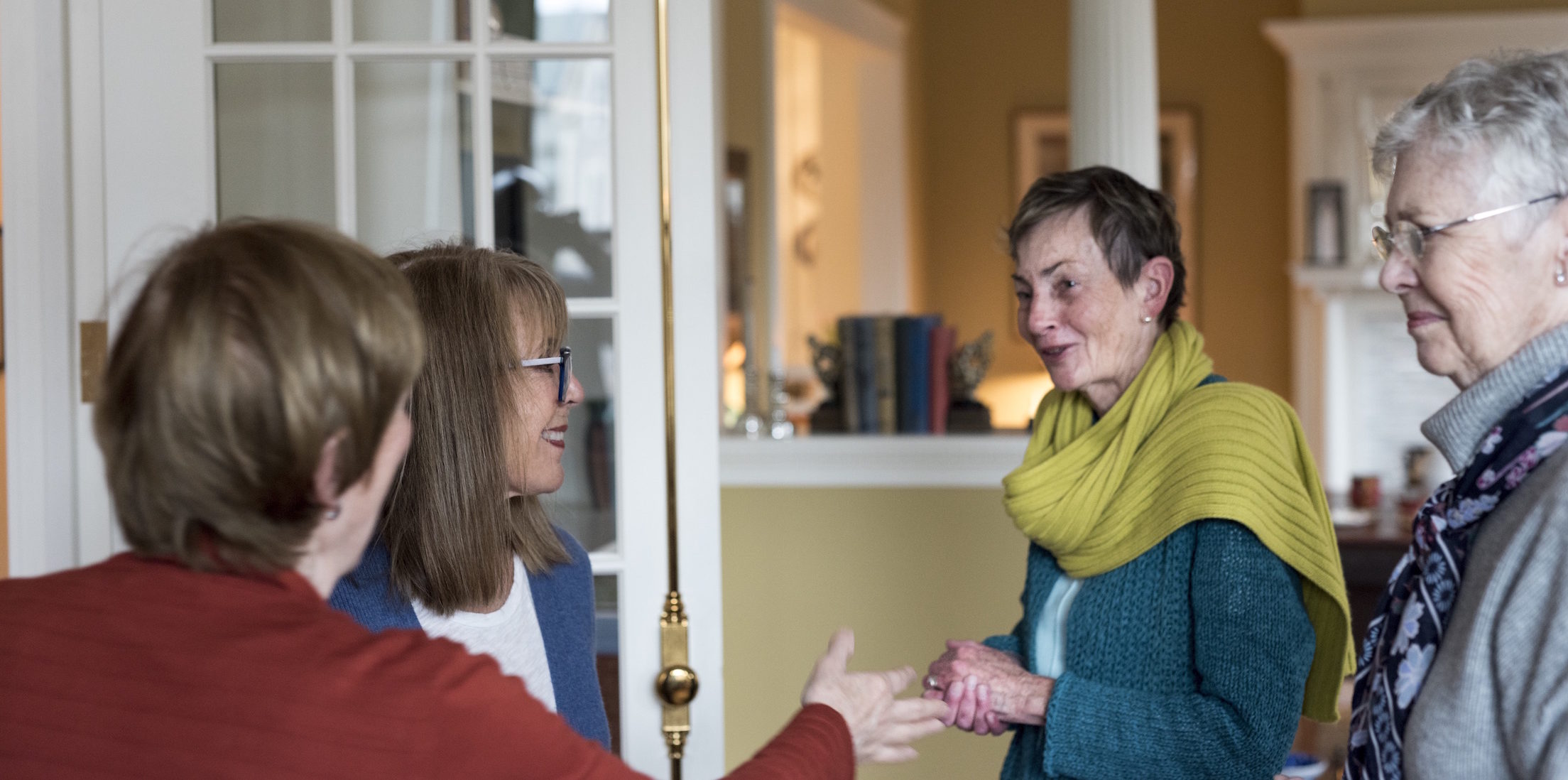
Older women, struggling with their aging, benefit from a supportive community
I’m suggesting a narrative repair to the existing anti-ageist, anti-sexist movement for one that reads something like,
“Aging can suck, but let’s look for the silver linings. We can’t always be positive about aging, but we can be real.”





